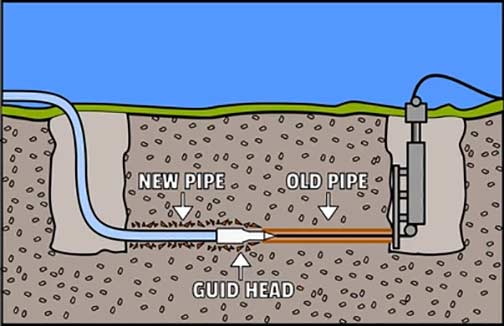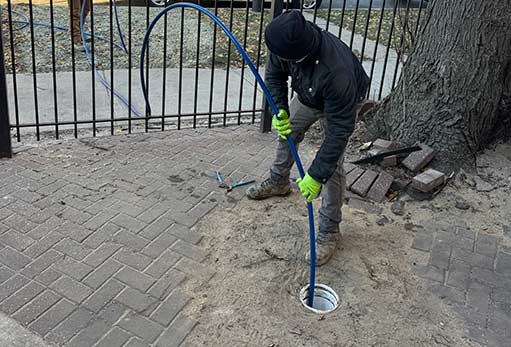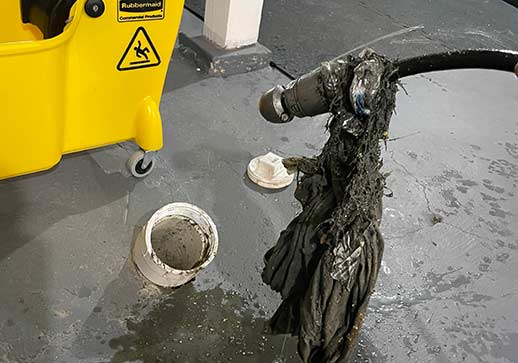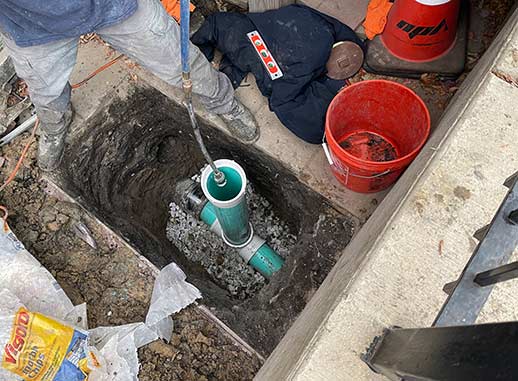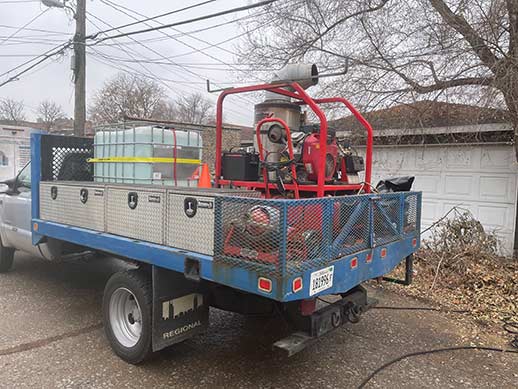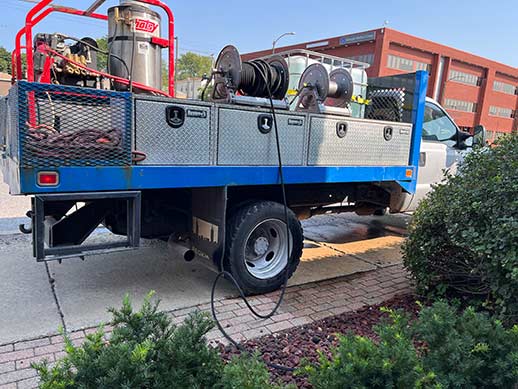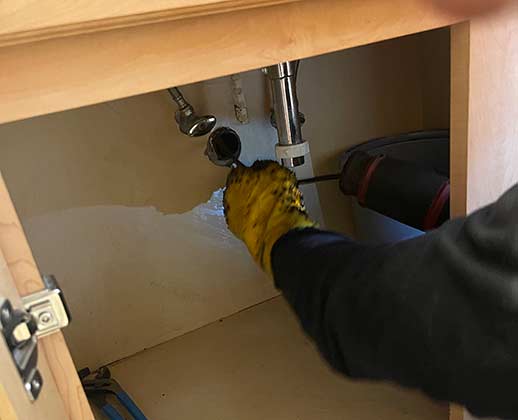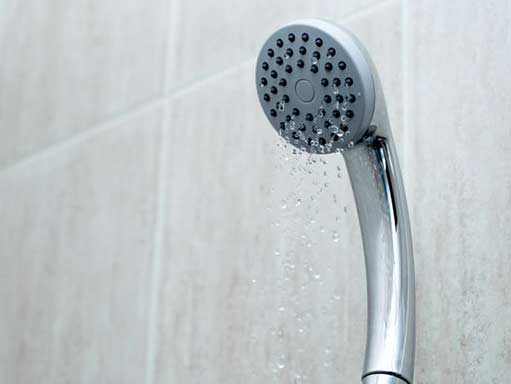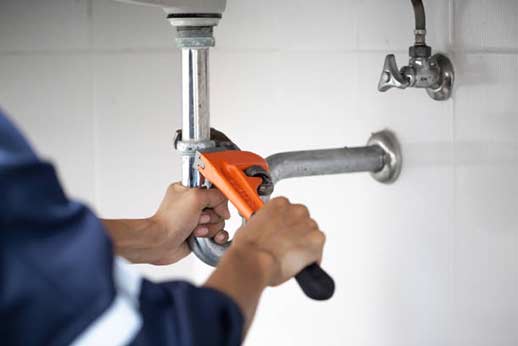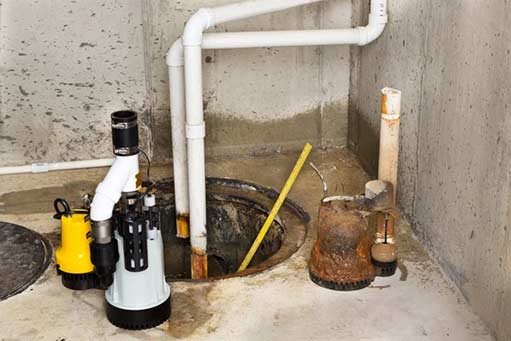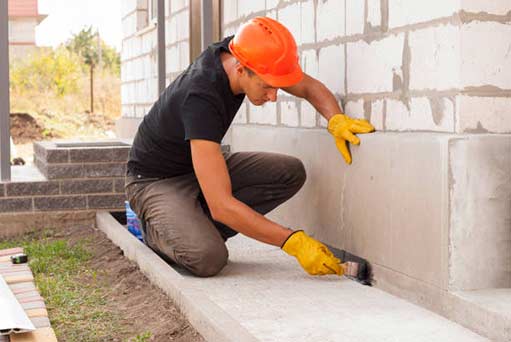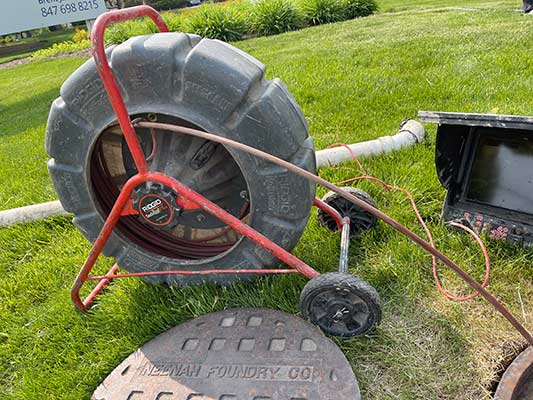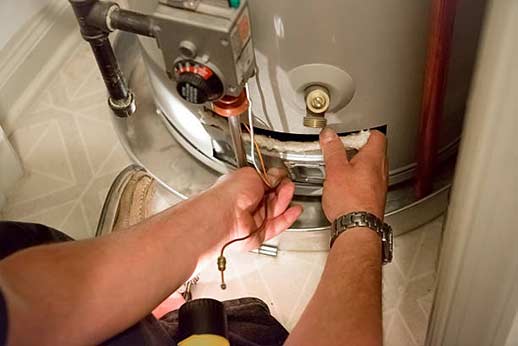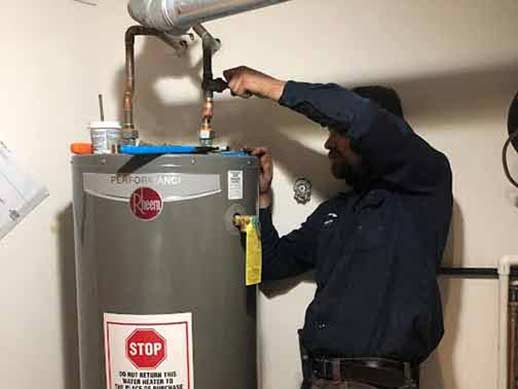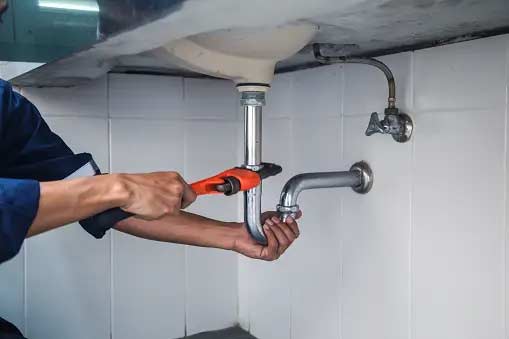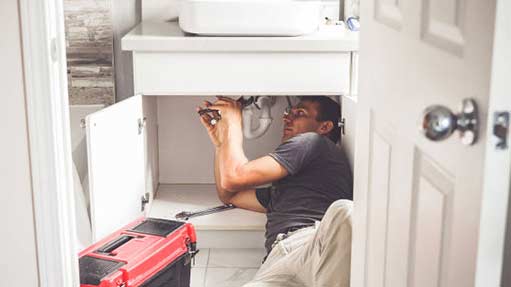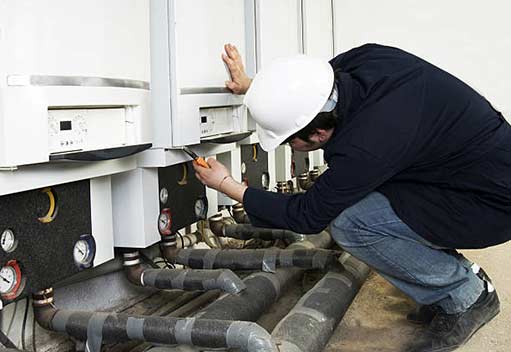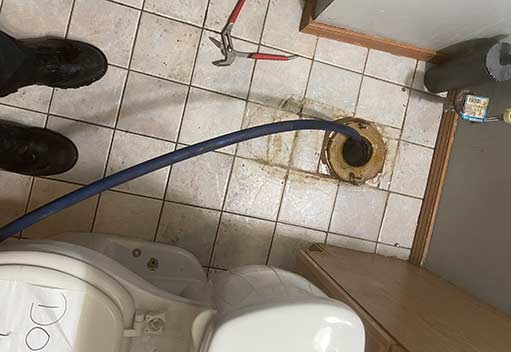Understanding Homeowners Insurance Coverage for Sewer Line Repair
As a homeowner, you know the importance of having a comprehensive insurance policy to protect your investment. But when it comes to unexpected plumbing issues like sewer line repair, you may wonder if your homeowners insurance will cover the costs. This article aims to provide you with a clear understanding of homeowners insurance coverage for sewer line repair, helping you make informed decisions and avoid unexpected financial burdens.
What is Homeowners Insurance?
Before getting into the specifics of sewer line repair coverage, let’s briefly review what homeowners insurance is. Homeowners insurance is a type of property insurance that provides financial protection to homeowners in the event of damage to their property caused by certain covered perils, such as fire, theft, or natural disasters. This insurance policy typically includes coverage for both the structure of the home and personal belongings.
Does Homeowners Insurance Cover Sewer Line Repair?
The coverage for sewer line repair varies depending on the specific policy and insurance provider. In general, standard homeowners insurance policies do not cover the cost of repairing or replacing a sewer line that has been damaged or clogged due to normal wear and tear or age-related deterioration.
However, there are instances where homeowners insurance might provide coverage for sewer line repair. If the damage to your sewer line is caused by a covered peril, such as a sudden and accidental discharge of water from a burst pipe within your home, your insurance policy may cover the necessary repairs.
It’s essential to review your homeowners insurance policy or speak with your insurance agent to understand the specific terms and conditions related to sewer line coverage. They can provide you with the necessary information and help you determine whether you have adequate coverage or need to consider additional endorsements or policies.
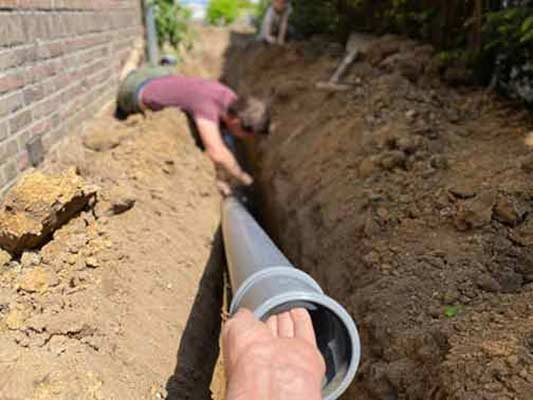
If your homeowners insurance policy doesn’t provide coverage for sewer line repair, you may have the option to add an endorsement or separate policy specifically for sewer line protection.
Considerations for Sewer Line Repair Coverage
When evaluating your homeowners insurance policy’s coverage for sewer line repair, there are a few essential factors to consider:
1. Policy Exclusions
Insurance policies often have exclusions for certain types of damage or situations. It’s crucial to carefully review your policy to determine if sewer line repair is explicitly excluded. If it is, you may need to explore additional coverage options, such as adding an endorsement for sewer line protection.
2. Additional Coverage Options
If your homeowners insurance policy doesn’t provide coverage for sewer line repair, you may have the option to add an endorsement or separate policy specifically for sewer line protection. These additional coverage options can help safeguard you from unexpected expenses related to sewer line issues.
3. Age and Maintenance of Sewer Line
Some insurance providers may take into account the age and maintenance of your sewer line when considering coverage. If your sewer line is outdated or has not been adequately maintained, it might affect your eligibility for coverage. Regular maintenance and camera inspections of your sewer line can help mitigate any potential issues and increase the likelihood of coverage.
4. Deductibles and Coverage Limits
Even if your homeowners insurance covers sewer repairs, it’s essential to understand the deductibles and coverage limits associated with such claims. Reviewing these details can help you estimate your out-of-pocket expenses and determine if any changes or adjustments to your policy are necessary.
Preventive Measures for Sewer Line Issues
While homeowners insurance coverage for sewer repairs is essential, taking preventive measures can help you avoid potential problems and minimize the need for costly repairs. Consider the following preventive actions:
1. Regular Maintenance
Schedule regular inspections and maintenance for your sewer line. A professional plumber can identify any potential issues, such as roots infiltrating the pipes or signs of deterioration, allowing you to address them proactively.
2. Proper Disposal of Waste
Avoid flushing items down the toilet or pouring substances down the drain that can cause clogs or damage to your sewer line. This includes non-biodegradable products, grease, oil, and harsh chemicals.
3. Installing Backflow Prevention Devices
Consider installing backflow prevention devices to protect your sewer line from potential backups or damages caused by water flowing in the opposite direction. These devices can help prevent costly repairs and ensure the efficient functioning of your sewer system.
4. Tree and Plant Maintenance
If you have trees or plants near your sewer line, regularly inspect and trim their roots to prevent intrusion and damage to the pipes. Tree roots are a common cause of sewer line issues.
Conclusion
While homeowners insurance typically won’t cover sewer line repair for regular wear and tear, it’s essential to review your policy and explore any additional coverage options to ensure you are adequately protected. Taking preventive measures, such as regular maintenance and being mindful of what goes down your drains, can help reduce the likelihood of sewer line issues. By understanding your homeowners insurance coverage and implementing preventive measures, you can avoid unexpected financial burdens associated with sewer line repair.

